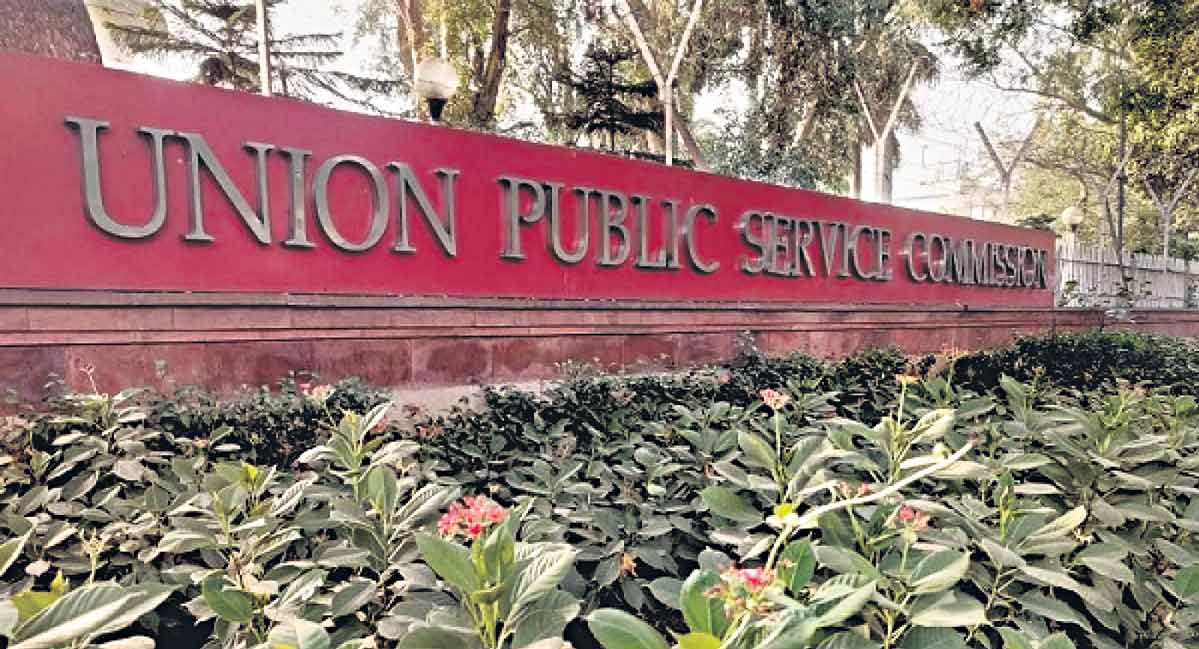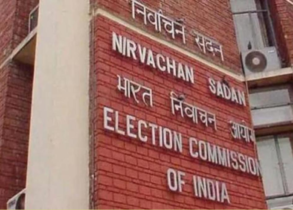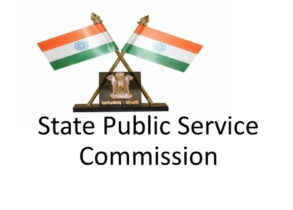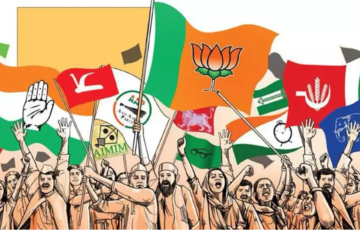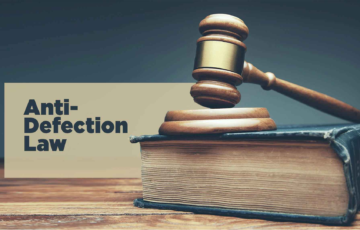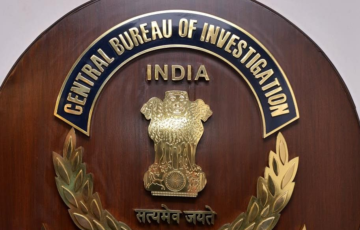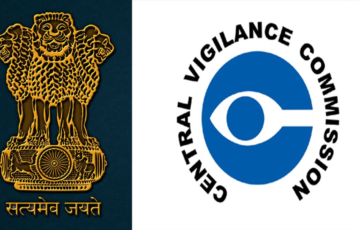UNION PUBLIC SERVICE COMMISSION (UPSC)
Introduction
- The Union Public Service Commission (UPSC) is a vital institution in India’s constitutional framework, responsible for conducting examinations and recruiting personnel for the country’s top administrative and government positions. Established under the provisions of Article 315 to 323 in Part XIV of the Indian Constitution, UPSC operates as an autonomous and independent constitutional body. It ensures transparency, fairness, and efficiency in the recruitment process, upholding the principles of meritocracy and integrity in public service appointments.
Composition
- Composition:
- The UPSC is headed by a Chairman and comprises other members appointed by the President of India.
- The Constitution does not specify the exact number of members, leaving it to the President’s discretion. Typically, the Commission consists of nine to eleven members, including the Chairman.
- Qualifications:
- The Constitution does not prescribe specific qualifications for the members of the UPSC.
- However, it mandates that at least one-half of the members should have a minimum of ten years of experience in government service, either under the Government of India or a state government.
- Conditions of Service:
- The Constitution authorizes the President to determine the conditions of service for both the Chairman and other members of the Commission. This allows flexibility in regulating their terms of service.
- Term and Tenure:
- The Chairman and members of the UPSC hold office for a fixed term.
- Their term is six years or until they reach the age of 65, whichever occurs earlier.
- Members are allowed to resign by addressing their resignation to the President at any time.
- The President has the authority to remove members before the expiry of their term, following the procedures set out in the Constitution.
- Acting Chairman:
- In situations where the Chairman’s position becomes vacant or if the Chairman is unable to perform duties due to absence or other reasons, the President can appoint one of the members of the UPSC as an acting Chairman.
- The acting Chairman serves until a new Chairman is appointed or until the Chairman can resume their duties.
Removal
The Constitution of India provides a comprehensive framework for the removal of the Chairman or other members of the Union Public Service Commission (UPSC). Their removal can occur under specific circumstances:
Grounds for Removal
- Insolvency: If a Chairman or member of the UPSC is declared insolvent (goes bankrupt), they can be removed from office.
- Engagement in Paid Employment: If during their term of office, a Chairman or member engages in any paid employment outside the duties of their office, the President has the authority to remove them.
- Infirmity of Mind or Body: If, in the President’s opinion, a Chairman or member becomes unfit to continue in office due to infirmity of mind or body, they can be removed.
Misbehaviour
- In cases of misbehaviour, the removal process becomes more complex and entails the following steps:
- Initiation: If the President believes that a Chairman or member has engaged in misbehaviour, they can initiate the removal process.
- Supreme Court Referral: The President refers the matter to the Supreme Court for an inquiry into the alleged misbehaviour.
- Suspension: During the course of the Supreme Court’s inquiry, the President has the authority to suspend the Chairman or the member being investigated.
- Enquiry by Supreme Court: The Supreme Court conducts an inquiry into the allegations and circumstances of misbehaviour.
- Supreme Court’s Advice: If the Supreme Court, after the inquiry, upholds the cause of removal and advises the same, the President can proceed with the removal.
- Binding Advice: The advice provided by the Supreme Court is binding on the President.
|
Independence
- The Constitution of India contains several provisions to ensure the independent and impartial functioning of the Union Public Service Commission (UPSC) such as:
- Security of Tenure: The chairman or a member of the UPSC can only be removed from office by the President under the specific grounds and procedures mentioned in the Constitution. This security of tenure shields them from arbitrary removal, ensuring their independence.
- Stability of Conditions of Service: While the conditions of service of the chairman and members are determined by the President, these conditions cannot be altered to their disadvantage after their appointment. This ensures that their terms of service remain stable and free from undue interference.
- Financial Autonomy: All expenses, including the salaries, allowances, and pensions of the chairman and members of the UPSC, are charged on the Consolidated Fund of India. This financial arrangement prevents these expenses from being subject to parliamentary votes, safeguarding the Commission’s financial autonomy.
- Post-Tenure Employment Restrictions (Chairman): The Chairman of the UPSC, upon ceasing to hold office, is not eligible for further employment in the Government of India or a state. This provision prevents any potential conflict of interest or undue influence on their decisions post-tenure.
- Post-Tenure Employment Options (Member): A member of the UPSC, after their term concludes, is eligible for appointment as the Chairman of the UPSC or a State Public Service Commission (SPSC). However, they are not eligible for any other employment in the Government of India or a state. This provision ensures that former members do not engage in roles that may compromise their independence.
- One-Term Limit (Chairman and Member): Neither the Chairman nor a member of the UPSC is eligible for reappointment to the same office after their first term. This one-term limit further guarantees the rotation of leadership and prevents any prolonged concentration of power within the Commission.
Functions
- Conducting Examinations: UPSC conducts examinations for the appointment of candidates to various prestigious positions, including all-India services, Central services, and public services of centrally administered territories. This includes renowned examinations like the Civil Services Examination (CSE), Engineering Services Examination (ESE), and more.
- Assistance to States: UPSC offers its expertise to states, upon request by two or more states, in framing and executing joint recruitment schemes. This cooperative effort is aimed at selecting candidates with specialized qualifications required for specific services.
- Service to States: On the request of a state governor and with the approval of the President of India, UPSC can serve any or all the requirements of a state, thereby extending its assistance to the states’ administrative needs.
- Personnel Management Consultation:
- Determining methods of recruitment for civil services and posts.
- Establishing principles for appointments, promotions, and transfers within services.
- Evaluating the suitability of candidates for appointments, promotions, transfers, and deputations.
- Handling disciplinary matters, including censure, demotions, retirements, removals, and dismissals of civil servants.
- Addressing claims for reimbursement of legal expenses incurred by civil servants in the defense of legal proceedings related to official duties.
- Evaluating claims for pension awards in cases of injuries sustained during government service.
- Supervising matters of temporary appointments exceeding one year and the regularizations of appointments.
- Reviewing issues concerning the extension of service and re-employment of retired civil servants.
- Providing guidance on any other personnel management-related concerns.
- Supreme Court’s Ruling: The Supreme Court has clarified that failure to consult UPSC on the matters listed above does not invalidate government decisions. The provision is considered directory rather than mandatory. It also emphasized that selection by UPSC does not confer an automatic right to a particular post. However, the government must act fairly and without arbitrariness or malice.
- Parliament’s Authority: The Parliament has the authority to confer additional functions pertaining to Union services on UPSC. It can also bring the personnel system of any entity, corporate body, or public institution within the jurisdiction of UPSC through appropriate legislation.
- Annual Reporting: UPSC submits an annual performance report to the President. This report is presented to both Houses of Parliament, along with a memorandum explaining cases where the Commission’s advice was not accepted and the reasons for such non-acceptance. Any such cases must receive approval from the Appointments Committee of the Union cabinet, and individual ministries or departments lack the power to unilaterally reject UPSC’s recommendations.
Role
- The Union Public Service Commission (UPSC) in India plays a critical role in ensuring merit-based recruitment for various government services. It primarily handles the recruitment process for all-India and Central services, while other administrative aspects are managed by the Department of Personnel and Training. UPSC provides advisory recommendations to the government, but these are not binding. The government’s actions in response to UPSC’s advice are subject to parliamentary scrutiny. Additionally, the introduction of the Central Vigilance Commission (CVC) in 1964 has brought about a parallel consultative process, and any discrepancies between UPSC and CVC recommendations need resolution. UPSC, as an independent constitutional body, holds a distinct position compared to the CVC, which has statutory status but operates under executive resolutions.
Limitations
- The Union Public Service Commission (UPSC) in India does not have jurisdiction over certain matters, which means it is not consulted on the following issues:
- Reservations of appointments or posts for backward class citizens.
- Claims of scheduled castes and scheduled tribes in appointments.
- Selections for chairmanship or membership of commissions or tribunals, highly diplomatic posts, and most group C and group D services.
- Temporary or officiating appointments for posts held for less than a year.
- The President has the authority to exclude specific posts, services, and matters from UPSC’s purview. The Constitution allows the President to make regulations regarding these exclusions in the case of all-India and Central services and posts. These regulations must be presented to both Houses of Parliament for a minimum of 14 days, and Parliament can modify or annul them.
| Landmark Judgements |
|

